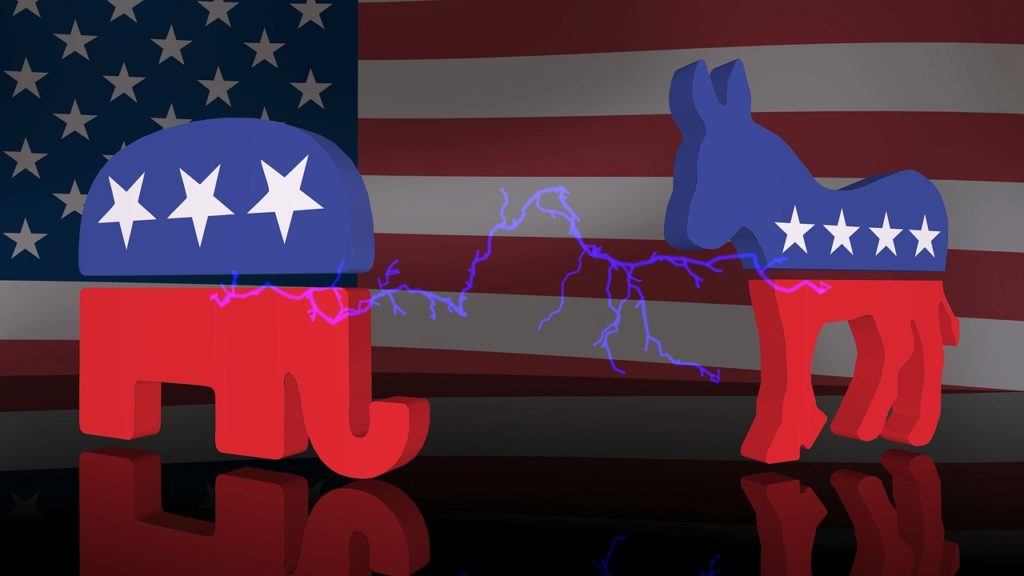Are Judges Political?

The question of whether judges are political, i.e., whether their decisions are potentially influenced by political beliefs and political doctrine, has been around forever. This question may now be before the U.S. Supreme Court in a case arising out of Delaware.
The facts are that the Delaware Constitution mandates that the state’s 3 highest courts may not be made up of more than a “bare majority” of judges affiliated with any one political party and that the remaining seats are reserved for judges affiliated with the “other major political party.” Obviously, this structure assumes judges will be affiliated with a major political party (presumably Republicans and Democrats) and leaves out the possibility that a person who is an independent or who is affiliated with a third party could fill a seat. A retired lawyer and registered independent challenged this provision as a violation of the First Amendment.
The 3rd Circuit Court of Appeals, in ruling for the independent challenger, held that judges “are not policymakers because whatever decisions judges make in any given case relate to the case under review and not to partisan political interests.” In other words, judges are just umpires calling balls and strikes in a well-defined strike zone.
The decision of the 3rd Court of Appeals is not in harmony with the decisions of other appeals courts. Therefore, the Governor of Delaware is asking the Supreme Court to hear the case and resolve the conflicting opinions of the lower courts.
My personal opinion is that judges are almost always political to some degree. If that is not true, why do we spend so much time and energy in heated confirmation hearings? If that is not true, why do people running for a judicial office proudly advertise their political party affiliation? If that is not true, why has it become so important that any prospective appointee to a federal bench be vetted and endorsed by the very conservative Federalist Society? If that is not true, why is it almost unheard of that a governor or the President appoints someone of a different political party to a judgeship? If that is not true, why does Trump boast of all the conservatives he has appointed to “his” courts? If that is not true, why do political parties and special interest groups campaign based upon the need to gain the power of appointing judges? If judges are not influenced by partisan politics, none of this would be true. Just about the only time judges say politics don’t matter is when they are trying to be confirmed or when they are speaking to the public after they are safely seated on the bench.
Judges are just people. They are shaped and formed by all of their life experiences. It is not reasonable to believe someone can be old enough to be a judge without forming some pretty strong opinions about issues that may come before them in some form or fashion. Choosing to wear a political label means you are choosing to identify with a general set of values and principles, a way of looking at the world. It may not mean that you agree with everything a party stands for, but it does mean you at least lean one way or the other on core issues. It is naïve to believe that how a judge sees the world does not affect his or her discretionary decisions and judges have to make tough discretionary decisions all the time.
The idea for this blog came from an article written by Adam Liptak in The New York Times on September 17, 2019. Mr. Liptak covers the U.S. Supreme Court and legal affairs. He is an excellent reporter who has a knack for simplifying complicated legal issues. His articles are available at nytimes.com/adamliptak.